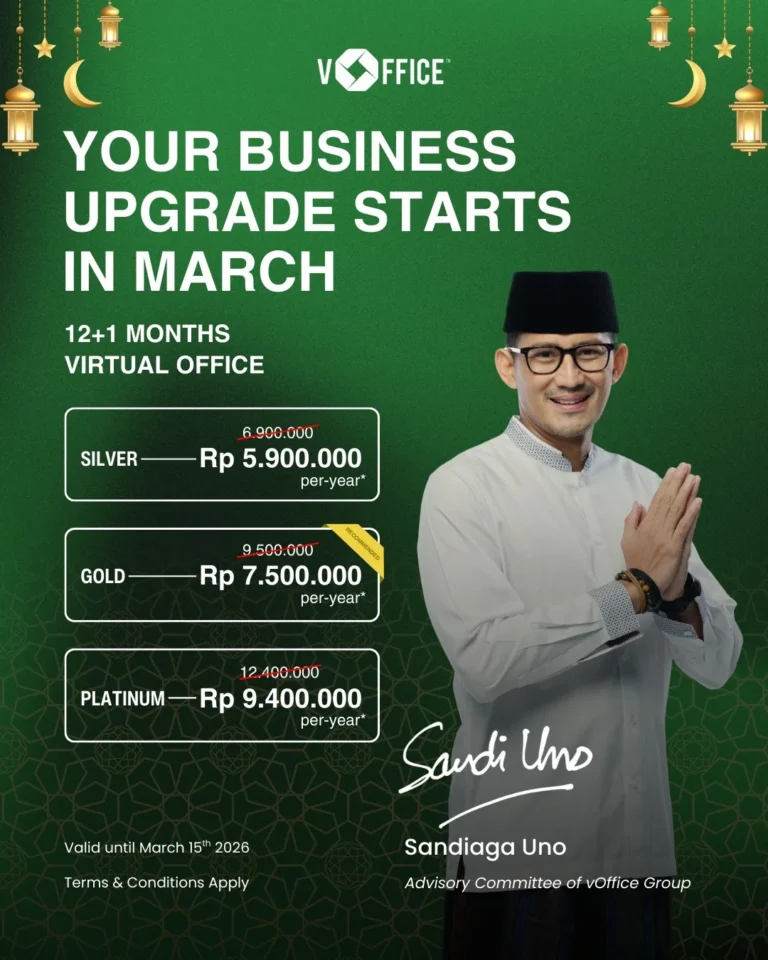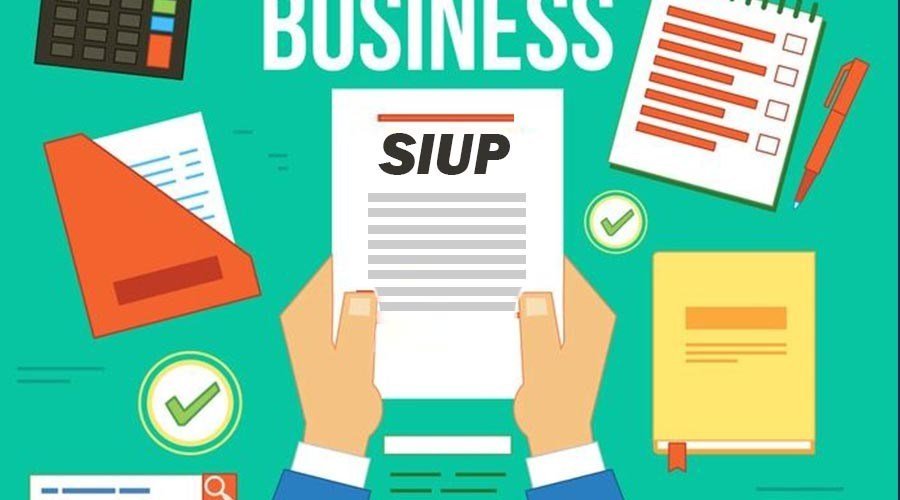Podcasts are becoming increasingly popular worldwide as a form of entertainment and learning. In this article, we will explain what podcasts are, why they are essential, and how you can start exploring this fascinating world.
Origin of Podcasts
The history of podcasts first emerged in an article by Ben Hammersley in The Guardian newspaper in 2004. The term “podcast” itself comes from the combination of “Pod,” which stands for “Playable on Demand.”
Initially designed to be played on iOS devices such as Mac and iPod, podcasts gained popularity over the years, reaching its peak in 2007. With technological advancements, accessing and subscribing to podcasts has become easier, contributing to their widespread popularity.
What is a Podcast?
A podcast is an audio recording discussing a specific topic, such as business or travel, which can be listened to. People use podcasts to stay informed about news, gain knowledge, and share reusable information. The appeal of podcasts lies in their ability to be consumed while on the go, during commutes, or even while working, as they don’t require visual attention.
Unlike traditional radio, podcasts offer the flexibility to choose preferred topics, replay content, and skip unwanted segments. Podcasts have also become a low-cost investment opportunity, as they don’t require a radio station, allowing listeners to download content according to their preferences.
Currently, a variety of podcasts covering different topics can be found on platforms like iTunes and Spotify, with some podcasts featuring both audio and visual content on YouTube.
Benefits and Advantages of Podcasts
After understanding the podcast definition, let’s explore their benefits and advantages.
- Diverse Topics: Podcasts cover a wide range of topics, including comedy, music, film, politics, and more.
- Ad-Free Experience: Unlike radio, podcasts typically don’t include advertisements, providing a more comfortable and focused listening experience.
- Flexibility and Accessibility: Podcasts can be listened to anytime, anywhere, making them a flexible and convenient form of content consumption.
Types of Podcasts
Podcasts come in various types, each catering to different audiences. Here are some brief explanations:
- Interview Podcasts: Hosts conduct interviews with different guests in each episode.
- Solo Podcasts: Hosted by a single individual, providing opinions, information, or Q&A sessions.
- Multi-Host Podcasts: Involves multiple hosts, offering diverse perspectives and discussions.
Recommended Podcast Channels
For those looking to start enjoying podcast content, here are some recommended channels covering various topics:
- Subjective
- Awal Minggu
- Sudut Pandang
- Makna Talks
- Podcast Awal Minggu
- Appscoast
- Do You See What I See
- PORD (Podcast Raditya Dika)
- Kejar Paket Pintar
Podcast Applications
Several applications allow users to enjoy podcast content. Some popular ones include:
- Anchor: Known for both listening to and creating podcasts, with the potential to monetize created content.
- Podbean: Offers a substantial collection of categorized podcasts, allowing users to subscribe to their favorites.
- Castbox: Aggregates over 1 million podcasts from various sources, supporting language learning podcasts.
- Spotify: Besides music, Spotify provides a wide range of podcast content.
- YouTube: Features podcasts with both audio and visual components.
Also read: 9 Podcast Equipment for Beginners and Professionals
How to Create Your Own Podcast
Creating a podcast is a straightforward process. Here are some steps to guide you:
- Define a Theme: Choose a topic or niche based on your interests and expertise.
- Set Up a Recording Space: Create a dedicated, soundproof studio space for podcast recording.
- Prepare Equipment: Gather necessary podcasting equipment, such as a microphone and editing software.
- Choose a Niche: Select a niche that aligns with your knowledge to facilitate podcast creation.
- Master the Material: Familiarize yourself with the content to be presented, possibly creating a script for smoother recording.
- Edit the Podcast: Enhance the recording by maintaining consistent volume, adding intros and outros, and using editing software like Audacity or Adobe Audition.
Also read: Tips for Creating an Engaging Podcast for Beginners
vOffice Podcast Studio Services
If you’re unsure about preparing professional podcast equipment and studio, vOffice’s Podcast Studio rental is the solution. vOffice provides a multifunctional studio with complete recording facilities, suitable for podcasting or online events for both professionals and non-professionals.










